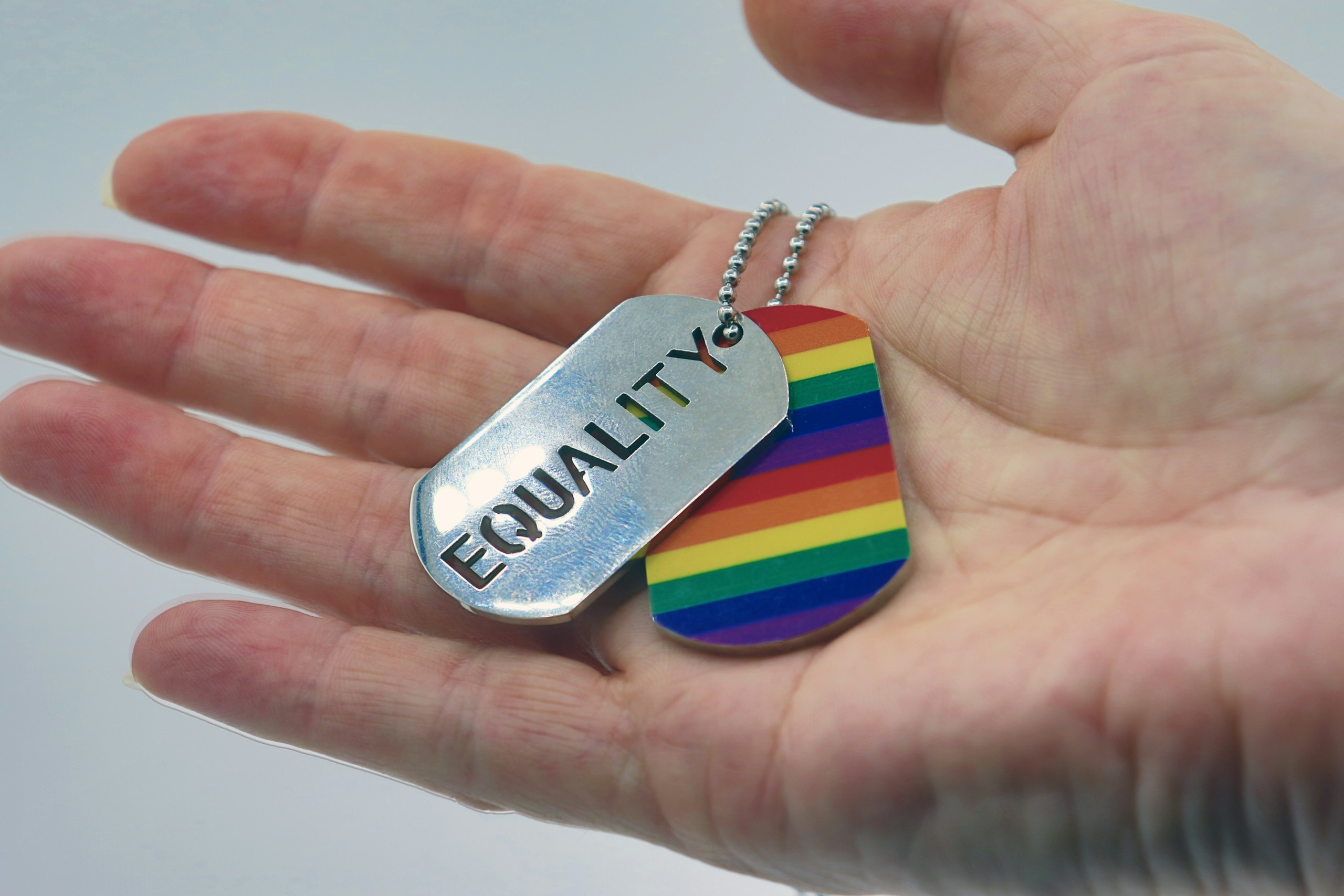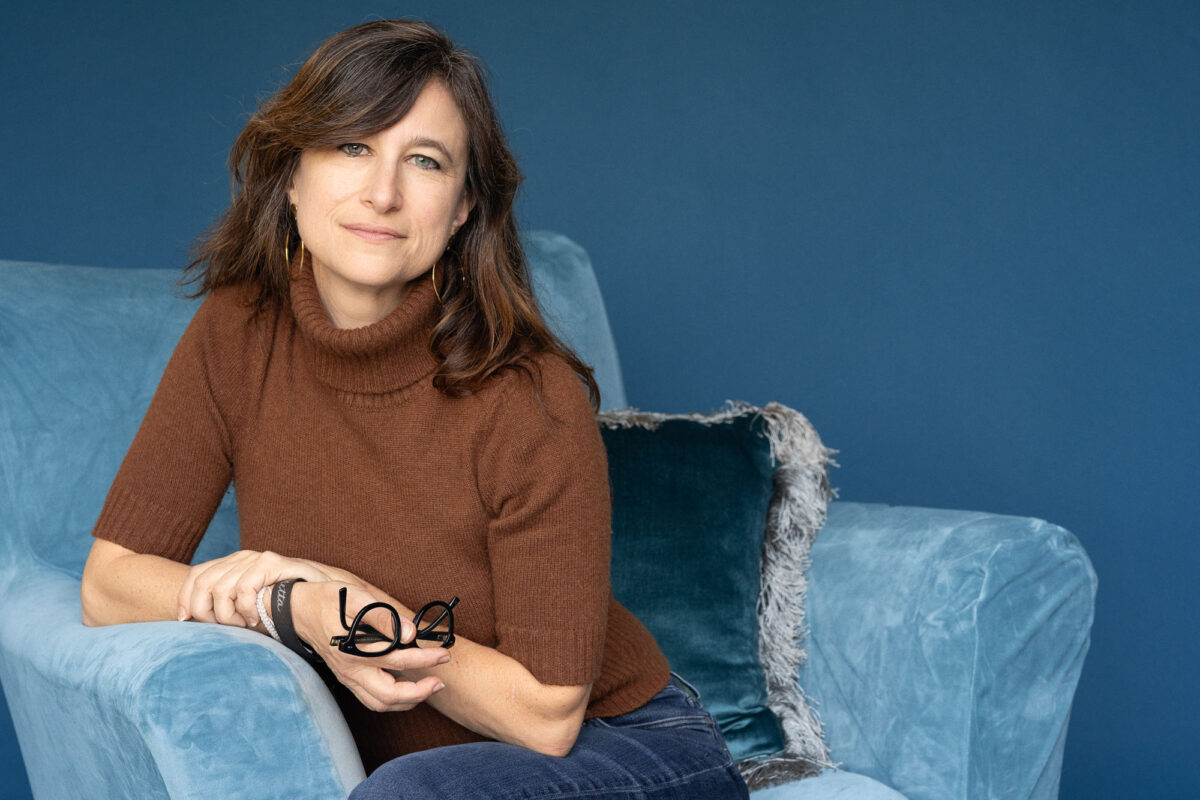Have you ever had a situation where someone says to you: “you make me so angry!” Or “why are you making me feel this way?” I suspect you have, because I’m pretty sure almost everyone has had some kind of experience like this. These questions are basically impossible to answer in a really productive way, and often the ready response is something like “well, you’re making me mad too!” Round and round the argument goes from there, accusation followed by angry response, angry response followed by tears and hurt feelings. This is pretty much a dead end for communication. Why? Because the reality is, no one else is responsible for our feelings but us. It might be really, really true that someone has challenged us by what they say, but the way we feel about it and hold it is solely up to us. As uncomfortable as it may be, we’re responsible for our own emotions.
So what do I mean by this? Something upsetting happens, we have an upset reaction, right? Yes! Absolutely! We are human, afterall. But here’s the thing: a reaction is only one step in a process. A reaction has a lot of information to tell us about our values, beliefs, old hurts, or hopes. If someone says to us (for example): “you look terrible in those pants,” we might feel angry, ashamed, sad, or many other feelings. Maybe we remember a critical parent who used to say things like that to us. Or maybe (just maybe) we’re steeped in a body-image culture that has bombarded us with images of supermodels. With comments like that, it’s easy to go from feeling happy and confident to shrinking into shame. This is real and understandable, and it’s very easy to stay in that place of shame.

Here’s where the responsibility comes in. When we remember that we’re responsible for our own emotions we have a way out of that stuckness. If we can pause, check in with ourselves, and dig a little deeper into our own feelings, we can create a better understanding of where we stand and how we want to move forward in a way that is healthy and conducive to secure attachment.
This is really, really important when it comes to parent/child relationships. By making our child feel responsible for our emotions, we strip them of their freedom to be honest with us (at best) or we lose the connection with them entirely (at worst).
If a child tells us that their gender identity doesn’t match the one assigned at birth, there are a lot of possible internal reactions (and internal reactions are normal!). For a lot of people, it’s a huge surge of love that their child has shared something with them. But a surge of love can also bring fear, confusion, or other tricky feelings. To maintain a healthy attachment for our kids, it’s our responsibility to sort through those reactions and proceed with two fundamental understandings:
1) By telling you their truth, your child is not doing anything to you. They are sharing something critical with you.
2) We as parents are in a position of unequal emotional power with our kids.
If we can remember these two truths, and that we’re responsible for our own emotions, this is a huge moment of opportunity! If we can separate out (and keep private) any difficult feelings we may be having, and make the parent/child relationship a safe haven for our kids as they explore their own realities. By telling us their truth, our kids have made themselves vulnerable. Respecting this vulnerability and making yourself a refuge for that vulnerability is strengthening and empowering, for both our kids and for us!
I’m not kidding myself (or you) by believing that reading a blog post about mastering your emotions makes it easy. Or even possible! This sort of thing takes real time, real effort, and must be individualized for every unique relationship. This post is really just about introducing an idea that is actually a life-long process. We’re all at different stages in this process. If these ideas are new to you, this article from PsychCentral might provide a bit more info. If you’re further along in this process already, this brief essay from Abhayagiri Buddhist Monastery might be pleasant to read.
But no matter what, having an ally and a guide for this process is the best way to ensure a good outcome. Please do let me know if this is something I can help you with. As a professional coach, it’s my job to hold space for your situation, listen without judgment, and help you to reach your goals. If you’re feeling stuck in your emotions or the stories that surround them, go ahead and book a complimentary, 20 minute consultation with me to see if coaching will serve your needs. Or check me out at Nurture Life Coaching. Helping people find clarity and move forward is what I do, and it would be an honor to see how we could work together for a brighter tomorrow as we hold space for ALL the emotions.
Best wishes to you all!



